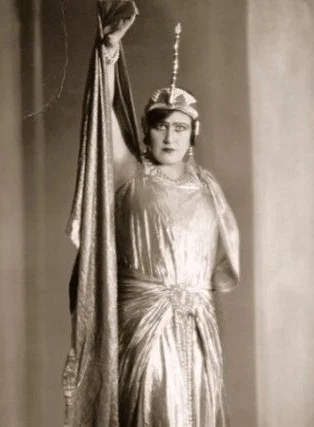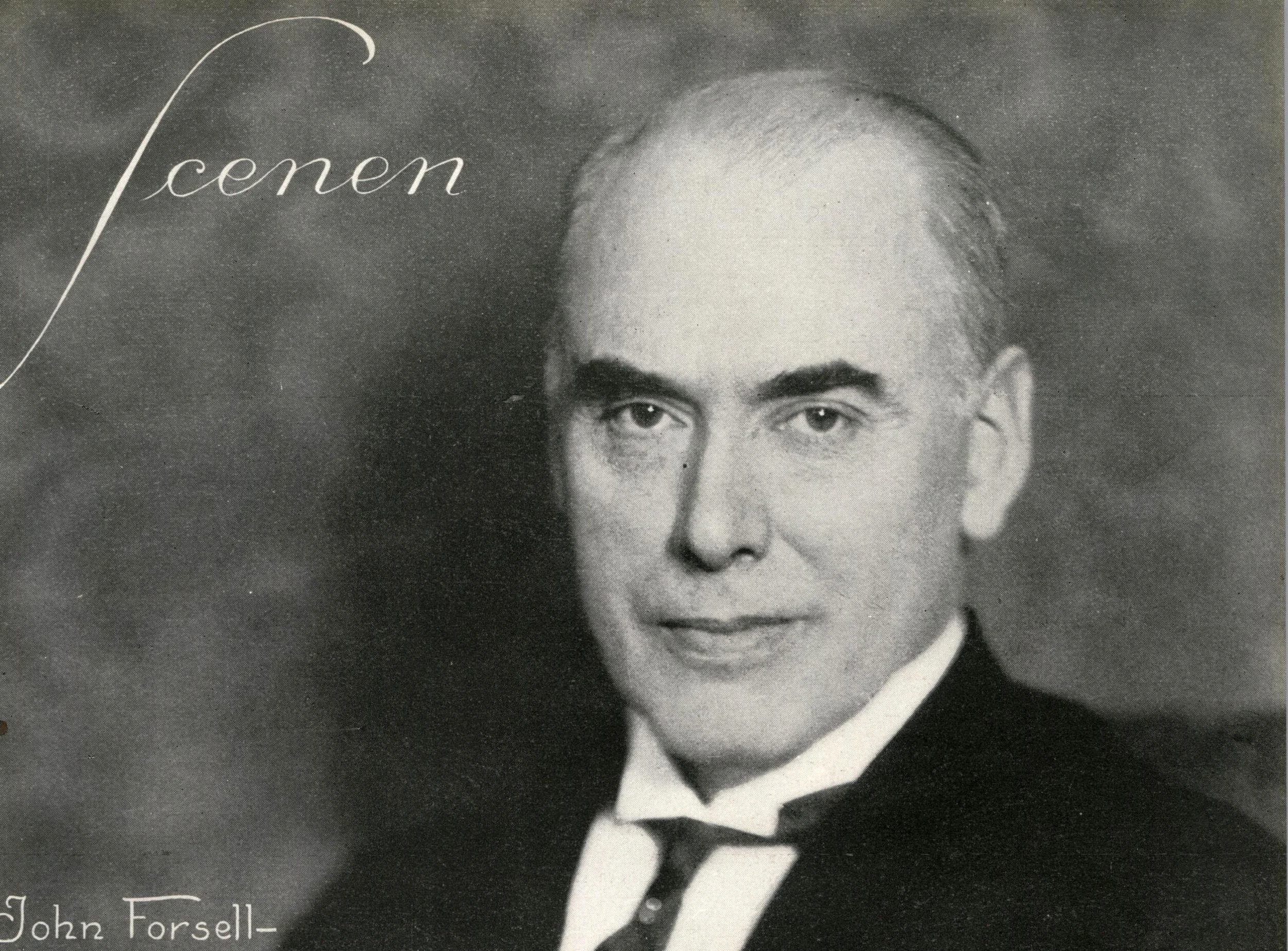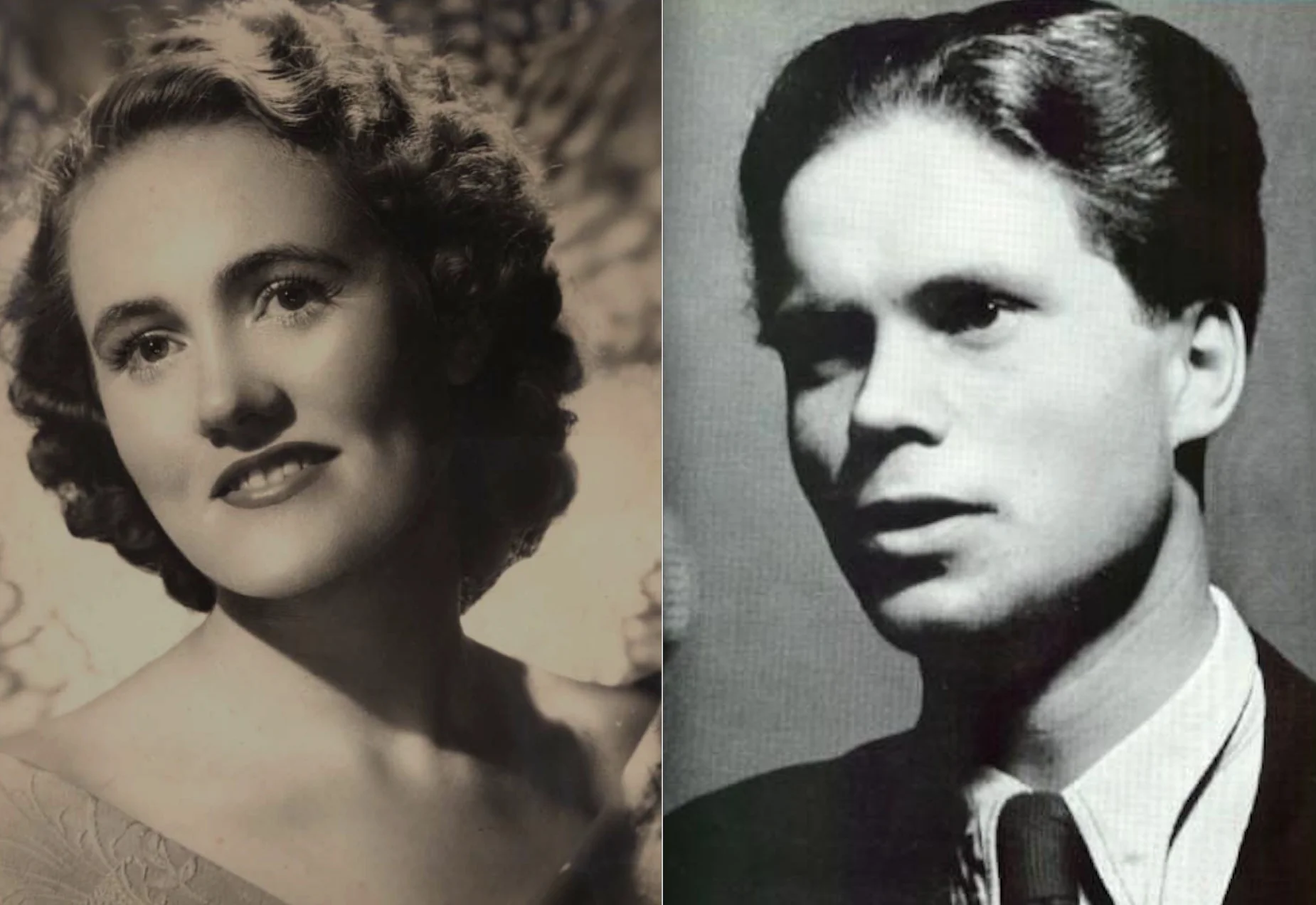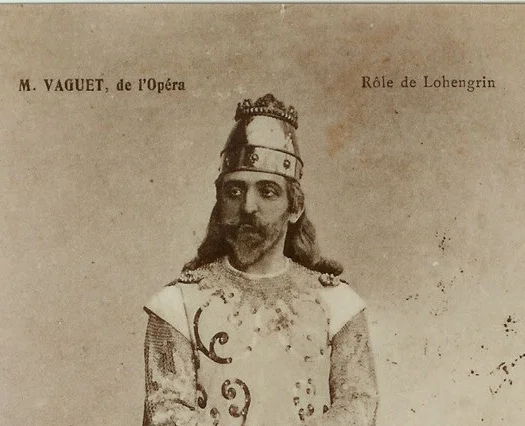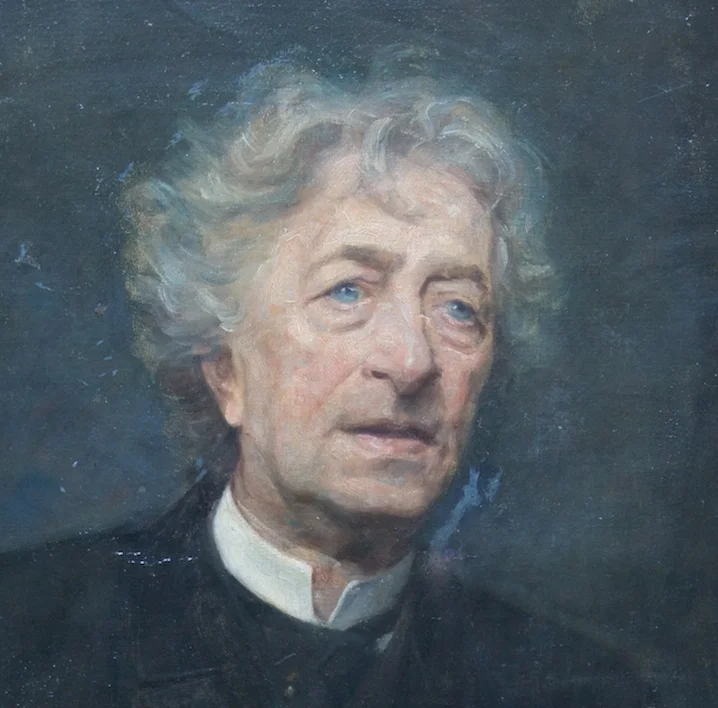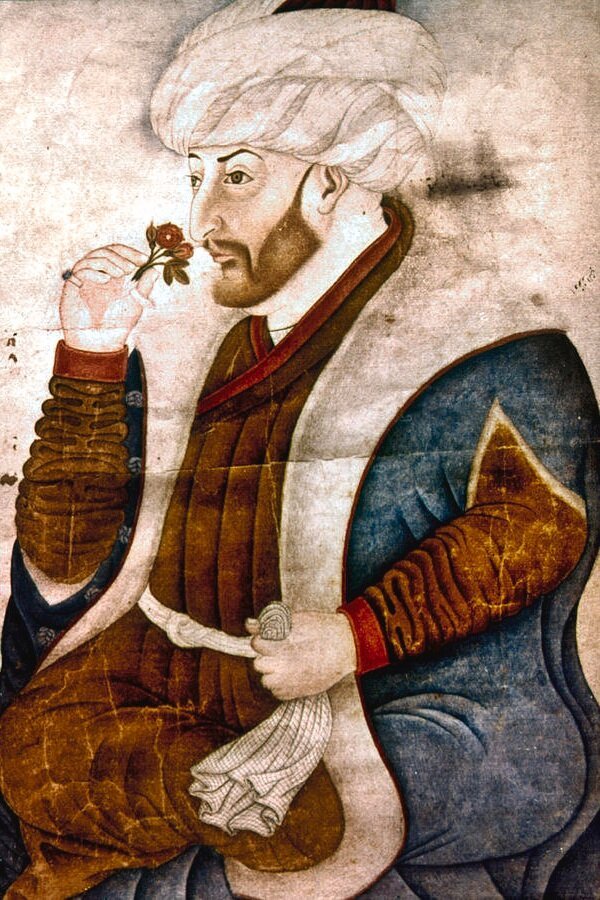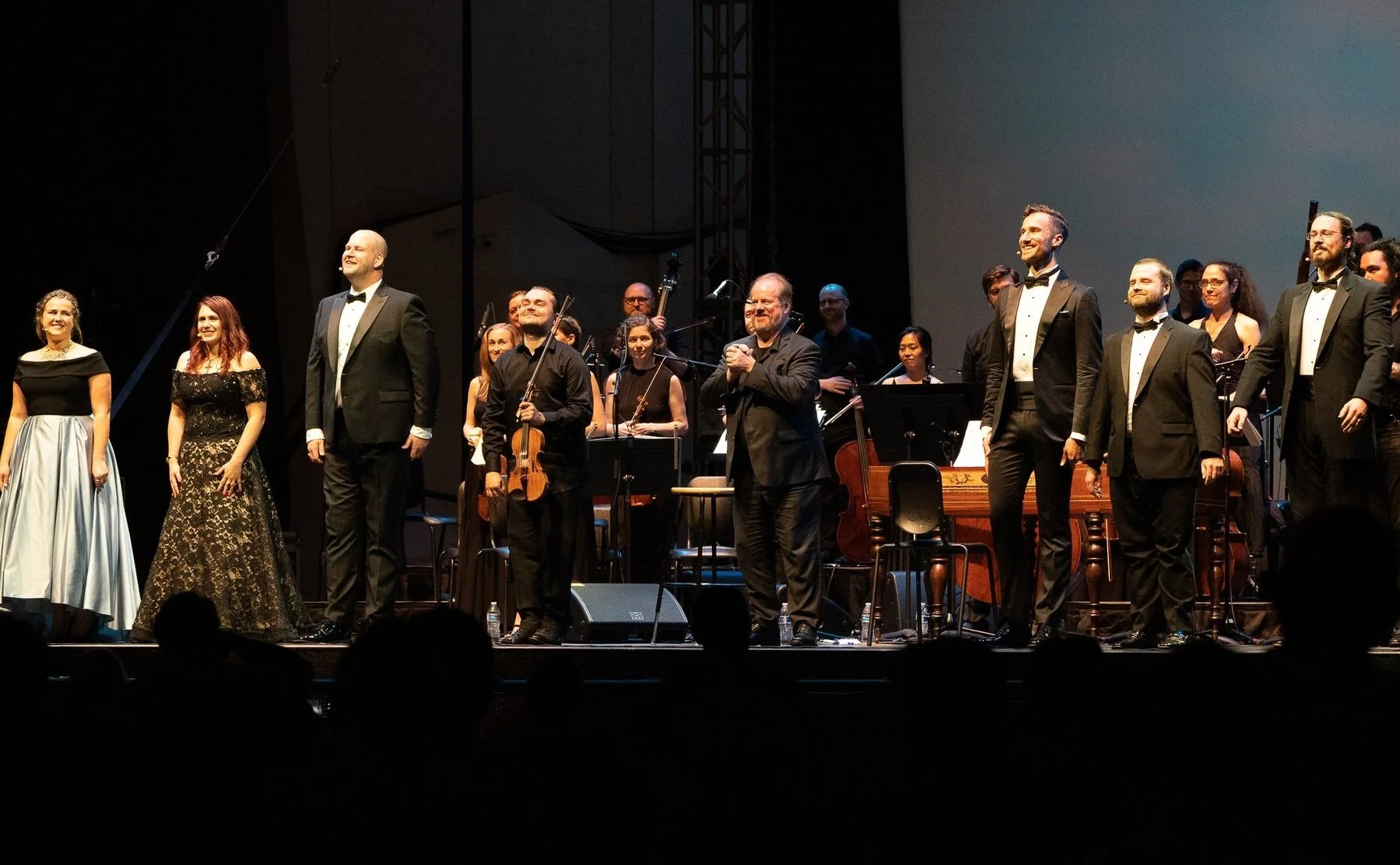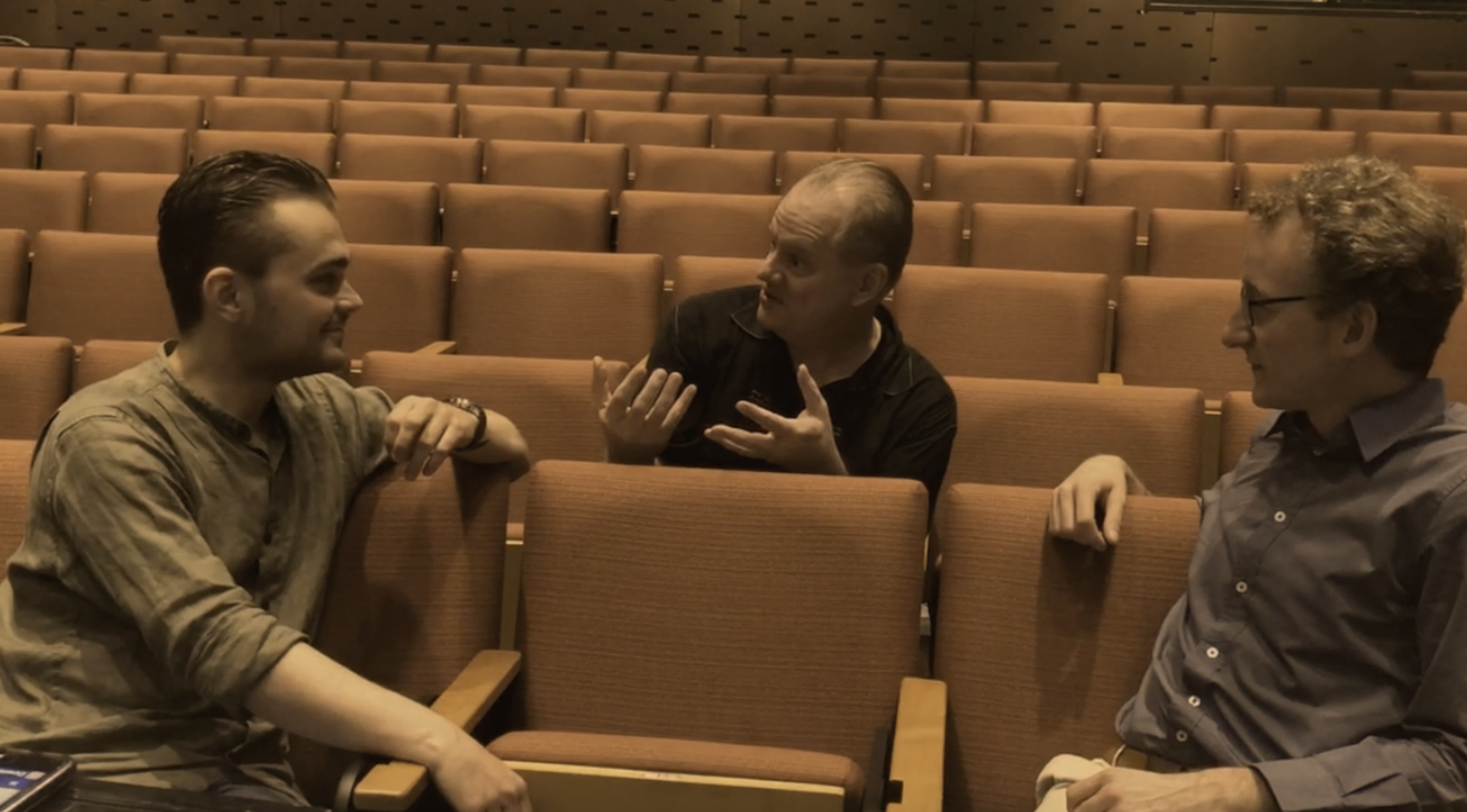Strong Light
In a post about Edoardo Garbin a few weeks back (“They Could Do That”) we talked about tenors who, like him, sang both Fenton and Don Alvaro, or Canio and Ernesto. In other words, about the weakness of the division that later became so strong between “light” and “heavy” repertory. One thing I wrote about it provoked a few questions from readers:
“Light” voices able to sing strongly and “heavy” voices able to sing gently can be effective in a lot of the same material, and with the further advantage of shining different lights on it.
Schipa in the 1910s
What exactly is meant by “light voices able to sing strongly,” if we assume that “forcing” the voice or puffing up its size is not the desired effect? And if it nevertheless means something that would let a “light” tenor sing what is now considered a “heavy” role?
Here is an example, worth following with the score.
Tito Schipa was a preeminent “light” tenor from his debut at 19 (Vercelli, as Alfredo) to his stage farewell at 67 (Bari, as Nemorino). He was celebrated for evocative, wistful shadings - for the compound of melancholy, reticence, and yearning that grips the heart in certain scenes of Werther, Wilhelm Meister, Nemorino, Ernesto - and, according to his reputation at the time, for preserving the most refined of Bel Canto traditions. In historical perspective, we can see that he didn’t always live up to that last part; he came of age in the “verismo” generation, in an Italy that was already letting go of true legato and virtuosity. But his voice - slender, veiled in quality, universally considered “small” - served a truly poetic sense of musical line and a deep ability to lose himself in the emotional reality of the characters he played.
Schipa in 1930
So what happened when he sang “heavy” music? The short, angry solo of Milio at the end of Leoncavallo’s Zazà is mostly grim declamation in baritone territory. Except for the fifteen seconds starting at 2’01’’ its tessitura is nearly identical to the outburst of Verdi’s Renato just before the aria “Eri tu” in Un ballo in maschera. Then it mounts for a short climactic passage reaching top A and B before finishing firmly back in midrange. Leoncavallo seems to have anticipated a voice oriented towards that range; low as the piece lies, he specifies in the score the option of transposing it a semitone farther down. It would work well in the voices of, and respond to the assets of, Caruso, Martinelli, Del Monaco, Tucker, Corelli, Vickers.
Schipa had nothing like such power, nor the resources of color and texture those six had in the lower part of the range. It is perfectly legitimate to say his is not “the right” voice for the solo - and yet he is not a failure in it. The tones are firm; he can put what strength is available behind them without losing quality or distorting their timbre. They don’t splinter, take on unwanted noise, sound strangled, or make us fear he won’t get through the piece. He can “let go” dramatically and emotionally without triggering dysfunction.
A crucial point: this is important in “light” roles too. Here is Schipa in a classic recitative that calls (at least some of the time) for truculence and aggression - from Don Pasquale, when Ernesto thinks his one best friend has turned out to be a secret enemy. When Schipa gets hot under the collar, the voice heats up.
Schipa filming in the 1950s
Tito Schipa’s best repertory lay in the bel canto comedies and the pastoral or sentimental side of Romantic opera. But he also sang Turiddu, Cavaradossi, Rodolfo, Pinkerton, the Duke of Mantua, Edgardo, Faust (Gounod and Boito), Des Grieux, the tenor leads in the then-modern Zazà, Adriana Lecouvreur, La Wally, and yet others. All of these before the age of thirty, when he became the first Ruggero in Puccini’s La Rondine.
Shouldn’t this have wrecked his slender voice? Not if the basic technique is sound. One of the most enduring misconceptions in opera is that singers hurt their voices by taking on the wrong roles. In fact they hurt their voices by wrong singing. Sure, heavy repertory may increase the strain if they are straining in the first place. But if they know how to use the voices they have...well, don’t take my word for it; here is Schipa - limitations and all - singing the Duke of Mantua’s most dramatic pages in 1913, 1928, and 1942:
Teatro Nuovo puts great emphasis on learning from the singers who had never heard, or heard of, microphone singing - primitive recordings from more than a century ago, forming a link to the traditions of opera’s heyday and the infinite potential of the natural, unassisted human voice. Check this space regularly for samples, and click here for some pointers on how to listen.
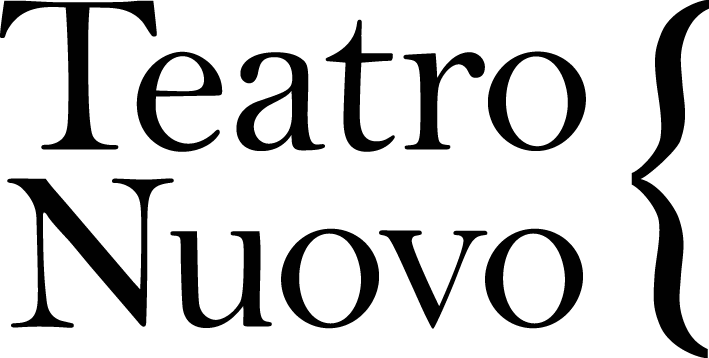























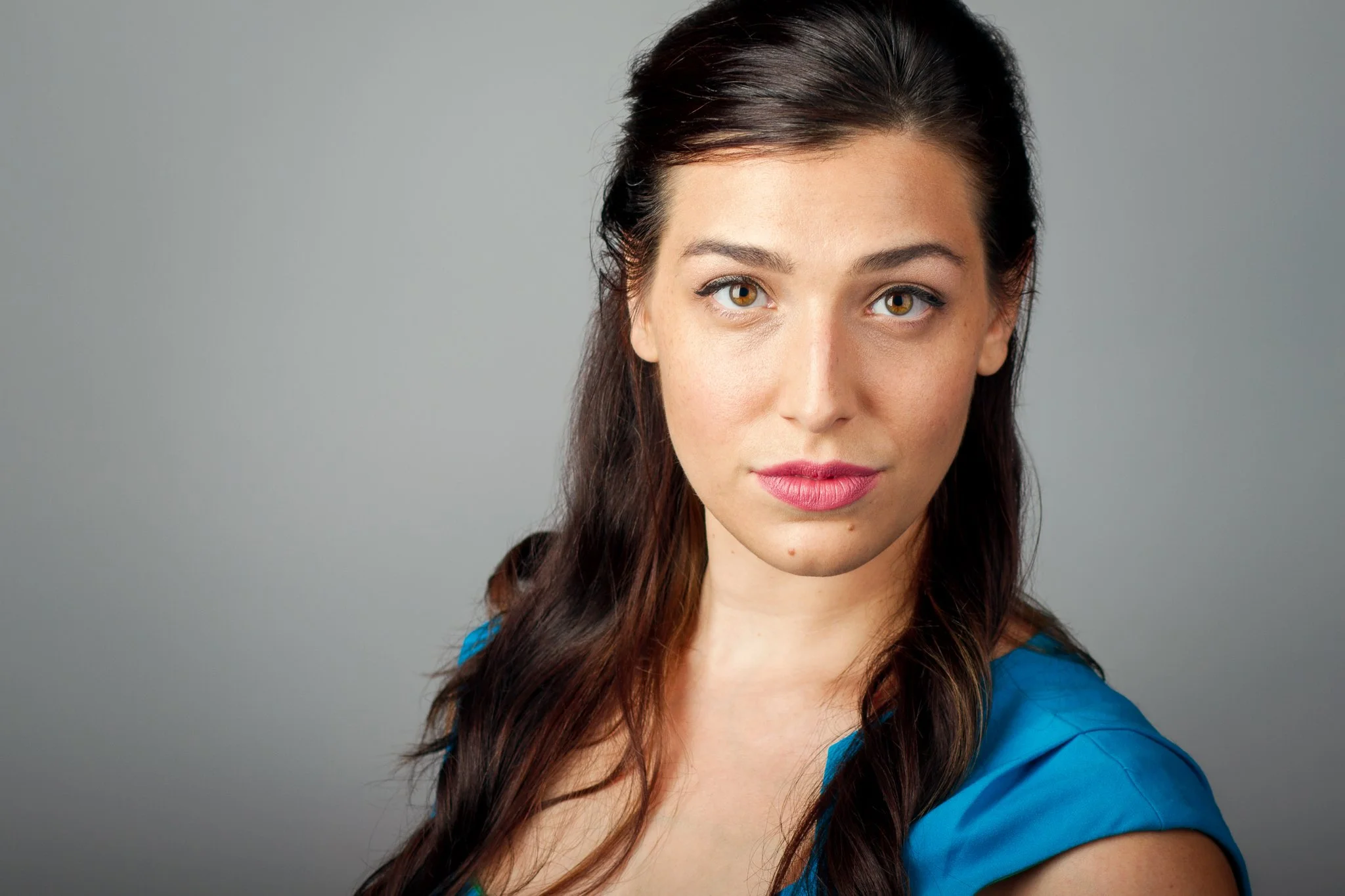










![Image 2 - Henry T. [Harry] Burleigh - Detroit Public Library.jpeg](https://images.squarespace-cdn.com/content/v1/596bb4e703596e837b624445/1591713684327-N7HW488JSZ7EN8T5AJSR/Image+2+-+Henry+T.+%5BHarry%5D+Burleigh+-+Detroit+Public+Library.jpeg)







